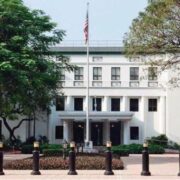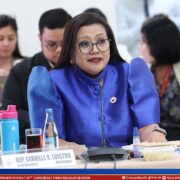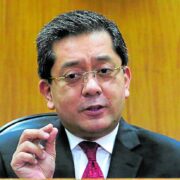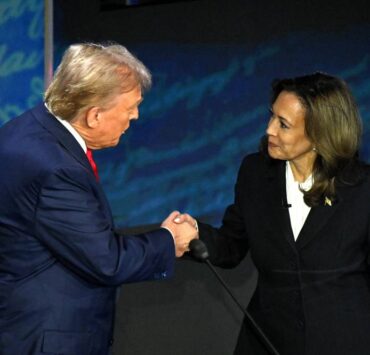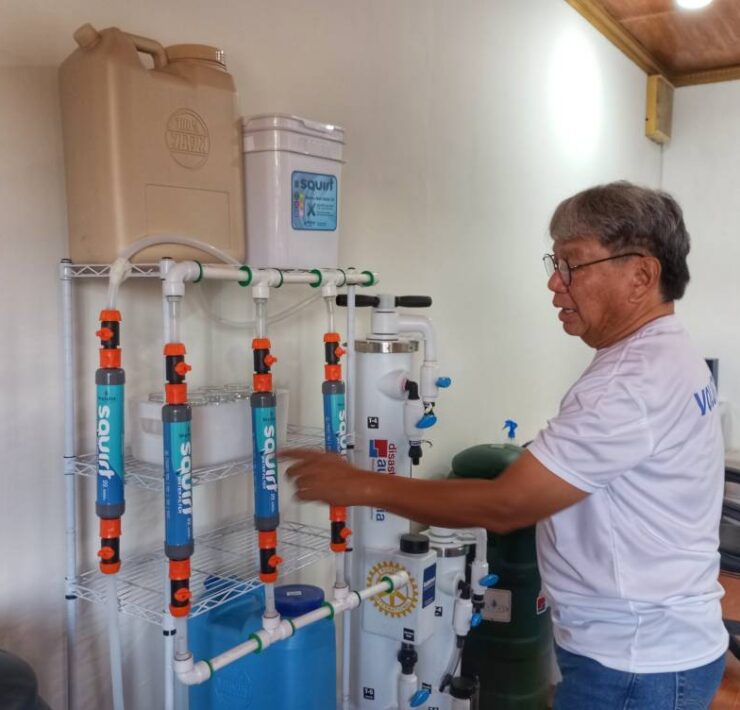Fil-Ams target of information manipulation in US polls
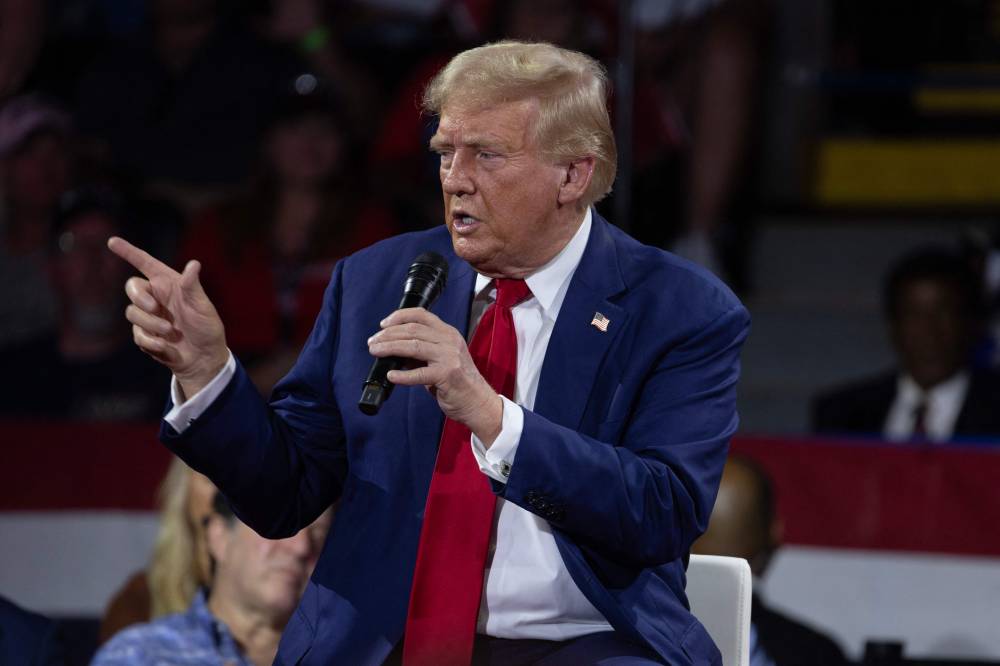
PHILADELPHIA, PENNSYLVANIA—With 15 million eligible voters in 2024, Asian Americans find themselves in a more central role in the US general elections on Nov. 5, both as a key electorate and as candidates themselves in key races across the country.
But they have also been the targets of aggressive campaign tactics, including disinformation campaigns that tap into their migrant fears and sow division across communities of color, said Filipino disinformation researcher Jonathan Corpus Ong.
Some such examples, he said, are narratives of a “crime wave” in big cities like San Francisco, New York and Chicago where many of them are concentrated, implying that liberal politicians are “soft on crime” and thus hurtful to their communities.
Ong said these tactics have worked especially on Filipino Americans, now the third-largest ethnic voting population in the United States.
“Asian Americans, and Filipino Americans, are very big on crime and safety,” said Ong, a professor at the University of Massachusetts-Amherst in Boston. “We care for our elders and want them to feel safe and secure when navigating cities that can feel oppressive and othering, especially in the wake of rising anti-Asian violence after COVID-19.”
Ong is referring to how, at the height of the pandemic, Asians—especially those of Chinese descent—were accused of bringing in the virus and became targets of hate crimes.
These tactics often come from conservative politicians, which is not surprising considering Republican standard-bearer Donald Trump’s hardline stance on immigration. Surprisingly, only two Asian American ethnic groups tend to skew more Republican despite this: Vietnamese Americans and Filipino Americans, Ong said.
Many of them are driven by religious conservatism and opposition to abortion, he said. But otherwise, he said, Filipino Americans simply have a strong fandom for Trump and suffer from “authoritarian nostalgia,” making them susceptible to manipulative narratives.
“Filipino Americans in challenging professions like nursing, the military, and service work have had to work hard to attain stability or success: they think progressive policies of extending dole-outs and social services to the poor or the recent wave of new immigrants or refugees are not only unhelpful to society, but actually spit on the years of hard labor and invisibilized discrimination they’ve had to endure,” he said.
Asians have also been targeted by disinformation campaigns that “aim to sow animosity and resentment between them and other racial groups, particularly Black Americans.”
In a recent study he did for the Asian American Disinformation Table, Ong and his team documented websites and social media accounts that contain misleading narratives that Black people are the main perpetrators of Asian hate.
Broadly, these tactics are symptomatic of the growing problem with social media and artificial intelligence, where it’s become “increasingly easy for the information to be turned into different ways and fact-checking becomes even more difficult,” said Julia Wallace, Frank Russell chair at the Walter Cronkite School of Journalism in Arizona.
Historically underserved
When Trump won the presidential election in 2016, the US media overnight underwent a paradigm shift that involved fact-checking as a critical part of its reporting process.
“There was a period in time where [the US media] had this thing called both sides-ism. Fact-checking emerged as an effort to combat that, and it’s since grown into regular practice and sort of built into the DNA of reporting,” Wallace said.
Unfortunately, Ong said, such tactics don’t often work on communities of color “who have been historically underserved by mainstream news media.”
“It’s useless to tell them to stick to the facts presented by CNN, Washington Post or Hollywood celebrities [when] they have never felt ‘seen’ or represented by these institutions,” he said. “In fact, these institutions have perpetuated harmful stereotypes about Asian people and culture for decades.”
Beyond mere fact-checks, Ong said, more local community media need to be more representative and practical of Asian American needs.
(The Inquirer is part of the media delegation on a reporting tour organized by the US Department of State’s Foreign Press Center for the coming elections but it reports independently.)







